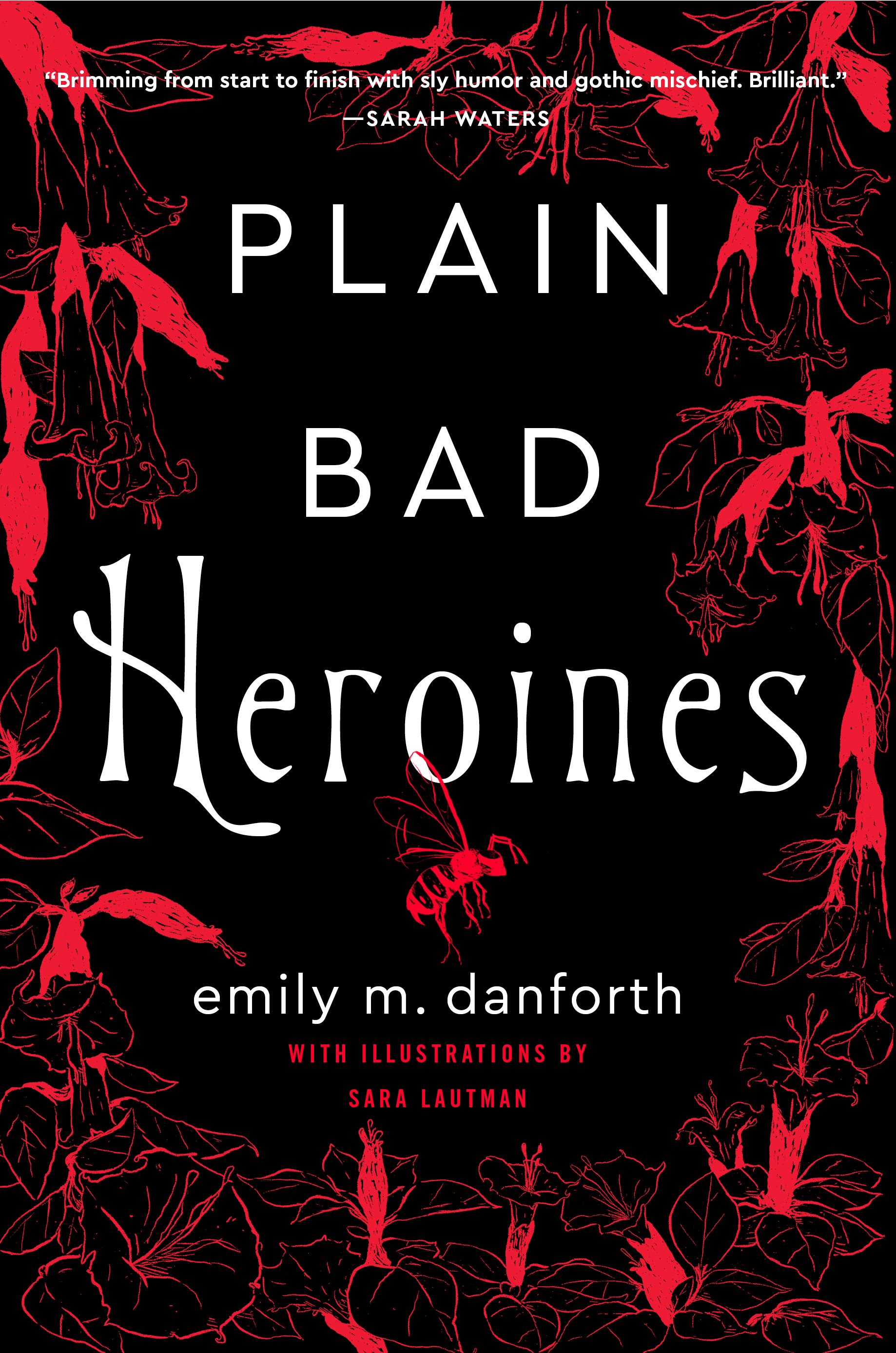'Plain Bad Heroines' Is Marie Claire's November Book Club Pick
Read an exclusive excerpt from Emily Danforth's novel, here, then dive in with us throughout the month.
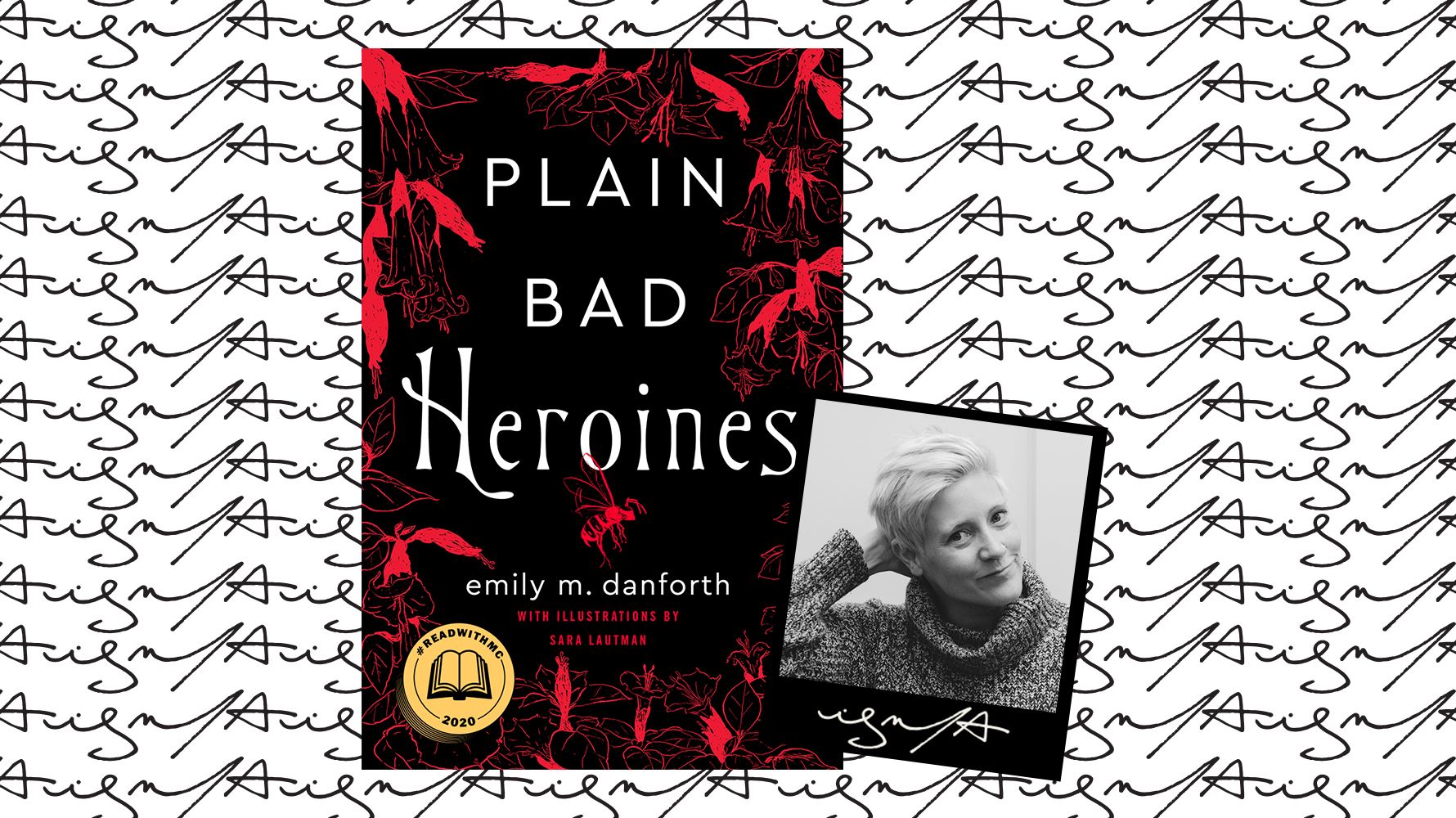

Welcome to #ReadWithMC—Marie Claire's virtual book club. It's nice to have you! In November, we're reading Emily Danforth's buzzy gothic horror-comedy, Plain Bad Heroines, a novel comprised of twisty stories within stories, beginning with Flo and Clara—two students at the Brookhants School for Girls in 1902—who create the Plain Bad Heroine Society and are found dead on campus shortly after. Read an excerpt from the novel, below, then find out how to participate in our virtual book club here. (You really don't have to leave your couch!)
In the novel's opening chapter, set in 1902, Brookhants School for Girls students Flo and Clara, who were both in love with each other and also with Mary MacLane's memoir, are violently killed by a swarm of wasps. After which, the school's curse is said to begin.
Come early December, [that missing copy of Mary MacLane's book] was found with Eleanor Faderman. Eleanor was one of the Brookhants students said to have been wary (or was it jealous?) of Flo and Clara. When Flo and Clara were alive, that is.
Eleanor Faderman had, in fact, tried to purchase her own copy of The Story of Mary MacLane after it had first caused such a furor on campus the previous spring, but she’d never been able to find it in any of the bookshops she visited during her summer holiday—at least not when her older sisters weren’t looking over her selections and magpieing their opinions to their mother.
Eleanor Faderman was short and slight, her features sharpened as if to points, her hair an odd sort of color, almost like it should have been brown but then most of the pigment had been leached from it, leaving it a dull tan. More importantly, Eleanor Faderman was known among her classmates to have the gift of thieving fingers and a curiously silent presence, the ability to slip in and out of spaces unnoticed. The students in her dorm made note of this often: Eleanor, where did you come from? Or its inverse: Wasn’t Eleanor here a moment ago?
Given these abilities, it wasn’t difficult for Eleanor Faderman to filch the copy of the book that returned with the bodies and then keep quiet about it, too. She had her chance due to the carelessness of a Pinkerton hired by Flo’s mother to investigate her death. That detective had been disinterestedly thumbing through the book as he waited to speak to Principal Libbie Brookhants about the tragedy. He was new to the Pinkerton agency and unhappy with this assignment: the deaths of Clara and Flo were, of course, gruesome and terrible, but he believed they were also wholly accidental, a cruelty of nature. When the principal finally opened her door to invite him in, the detective left the copy of the book on the table outside her office.
Our Eleanor Faderman watched him do this. And that was that: the book was now hers.
Stay In The Know
Get exclusive access to fashion and beauty trends, hot-off-the-press celebrity news, and more.
Eleanor hid it in the back of a potting cupboard in the Brookhants Orangerie,* a glinting expanse of glass and light jutting off one side of Main Hall. Seven mornings a week, Eleanor worked in The Orangerie, tending to the plants and, in the winter, feeding firewood to its elaborate and cantankerous heating system. Most mornings, she was the first to arrive there, setting its gas lamps glowing if the thin light of pre-dawn wasn’t enough to see by—which it usually wasn’t. (While some structures at Brookhants had by then been electrified, The Orangerie was not among them.) Once she could see, Eleanor donned her work pinafore to water and feed, treat for pests, and pluck away death and deformity from branches and stems.
*In case you’re not familiar, think of an orangerie as a kind of showy greenhouse/conservatory. It was Harold Brookhants, before his death ceased his involvement in the plans for the school, who had insisted on naming it The Orangerie. (As you’ll see, Readers, Harold Brookhants had a real thing for French pretensions.)
Those more mundane tasks complete, she indulged in The Orangerie pursuits she liked best: cutting and bundling herbs and picking any ripe fruits to later send to the kitchen staff for preparation. She did this only if the cook had left her a note telling her how many sprigs of thyme or blades of chives were required for that day’s meals. And, despite her fellow classmates’ complaints about the blandness of the Brookhants cuisine, most mornings the cook had left her a note, and Eleanor, snipping shears in hand, wandered the rows of herbs, fragrant and dense, relishing in her tiny harvests as she carefully twined them into bundles and left them in a basket next to the note that named them.
On some of those mornings, Eleanor Faderman also snuck a piece of fruit for herself. Not often, mind you. During the gray snowpack of winter in Rhode Island, an orange—a ripe, full-sized orange hanging from a tree branch—was a kind of miracle. Even those Brookhants students who didn’t spend much time in The Orangerie could have been counted on to throw fits if they had believed one of their classmates was stealing their portion of its bounty. But occasionally, Eleanor kept her eye on a runty lime, say, one hidden by its tree’s bright leaves, one she felt she could nip without anyone missing it. Save Miss Trills, perhaps.
Miss Alexandra Trills* (as dull as she was tall, which was very, thought Eleanor) was the faculty member in charge of The Orangerie. But Miss Trills would never tell. Probably. (Surely not if she believed that such an offense had only happened once.)
*I promise it’s the last time I’ll ask, but please remember this name, dear Readers.
Though her morning tasks were many, Eleanor Faderman had them routinized and usually finished with time to herself before breakfast. Imagine, if you will, the pleasure of having a space like The Orangerie all to yourself, with no more work to be done and no demands made upon you. Especially in a place like Brookhants, with your fellow students everywhere: shouting down the hall and snoring in their beds, blowing their noses in the lavatory, whispering secrets behind you in the classroom. Eleanor Faderman went from a house filled with sisters to a boarding school filled with students, and can we blame her, Readers, for carving out a daily slice of quiet all to herself in the most beautiful place on campus? A place of fuchsia blooms dripping from planters, a place where students recited their verse in front of trellised vines of poet’s jasmine, a place of sunlight and glass and green—and everywhere, everywhere, the fragrance of blossoms.
The sun now up and The Orangerie windows full of light and glint, Eleanor might take her stolen lime, or a bit of bread saved from the previous evening’s meal, or even a single spearmint leaf, and wedge herself in a corner nook she’d discovered behind a massive zinc planter growing a near-to-twenty-foot Brugmansia suaveo lens, more commonly known as snowy angel’s trumpet tree.*
*Also known as angel’s tears. (A hint, perhaps, of things to come.)
Here, from her wedge, Eleanor could see without being seen. Here she might suck on her mint leaf and daydream. Here she might study her Latin (what a chore, Latin), or write a letter to someone back home (probably her sister Carrie). Here she might read, often that, and pleasantly lose herself to other worlds and times—to other selves.
Here, hidden, she might observe those who came to The Orangerie without them ever knowing she was watching: Miss Trills checking on her freesias—gah, Miss Trills—or maybe Grace O’Connell, who was a morning wanderer, a sophomore the other students thought friendly and admirable. And Eleanor thought so, too. Privately she thought this.
Grace O’Connell had a wide, pleasant face and a heart-shaped mouth. Grace O’Connell had a smile she offered so easily, though this fact did not cheapen it. Eleanor thought Grace especially lovely when Grace thought she was alone, as she did those mornings she happened into The Orangerie right before breakfast, palming the weight of a lemon, or standing, eyes closed, in a warm square of sunlight.
If, like so many Brookhants students, Eleanor had been the type to send bags of mixed sweets and lockets of hair to her classmates, Grace O’Connell would have been the classmate to whom she’d have sent them. Or she could have easily sent her a flower message. Those were still popular among the Brookhants girls. Mary Peril, in Eleanor’s dorm, had the very latest flower dictionary and was always reading aloud from it—yellow acacia for secret love; or spearmint for a general warm sentiment; tulips to declare one’s feelings—and Eleanor, of course, had the best access to flowers on campus. But Eleanor Faderman didn’t participate in the elaborate courting rituals of her fellow classmates. She did not send tokens of affection. She did not write poems proclaiming her adoration and then practice reciting them in front of the jasmine, hoping to be overheard. And she did not pick and present bouquets of flowers to suggest her secret feelings.
She kept her secret feelings secret.
There were other students too that Eleanor might see, had seen, in The Orangerie. Seen without herself being seen by them, I mean.
Flo. Clara.
Flo and Clara together, thinking they were alone.
From Plain Bad Heroines by Emily M. Danforth. Text copyright © 2020 by Emily M. Danforth. Illustrations copyright © by Sara Lautman. Reprinted with permission of William Morrow, an imprint of HarperCollins Publishers.
If audio is more your thing, you can listen to a portion of the excerpt, below, and read the rest of the book on Audible.
RELATED STORIES
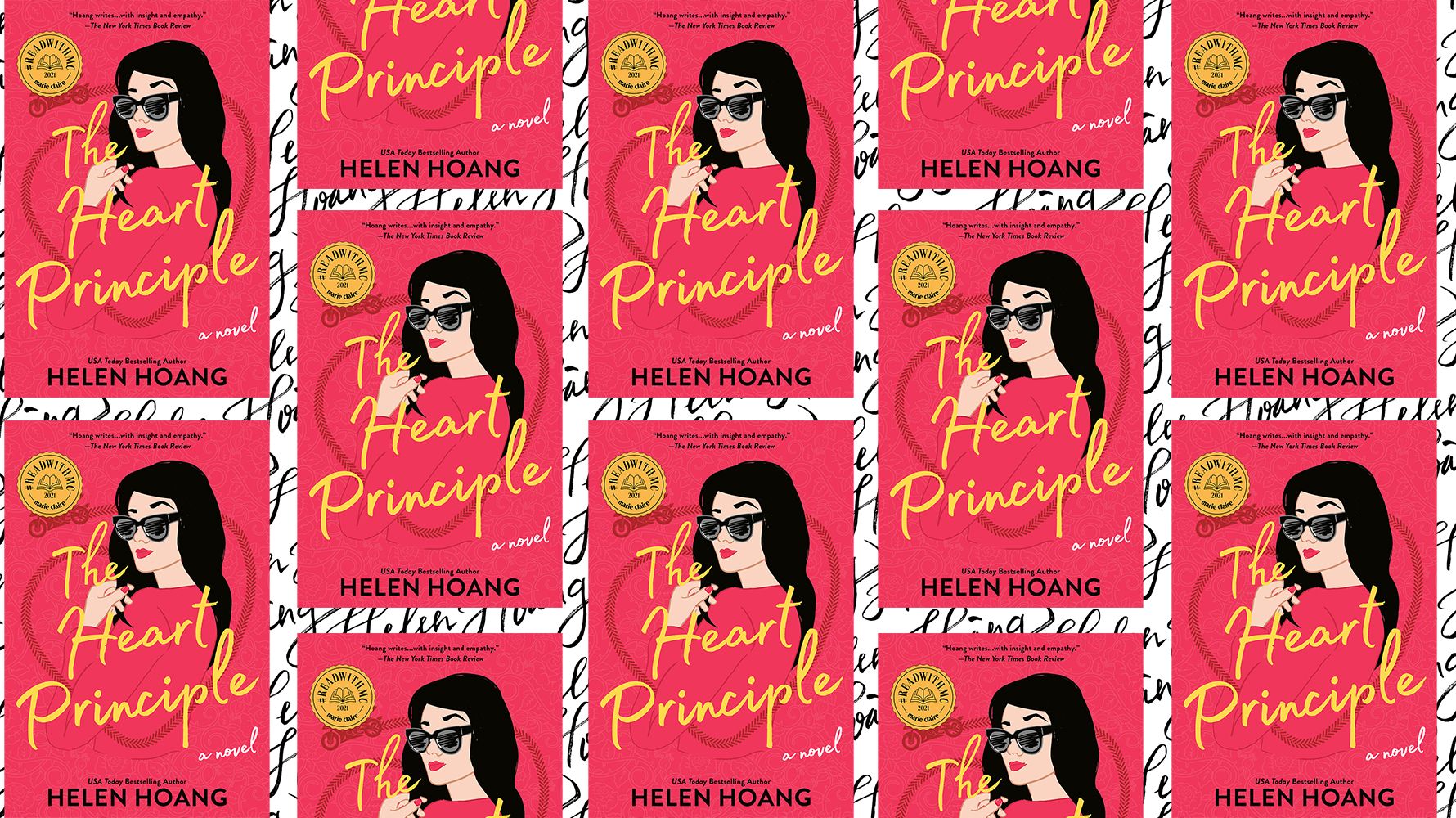
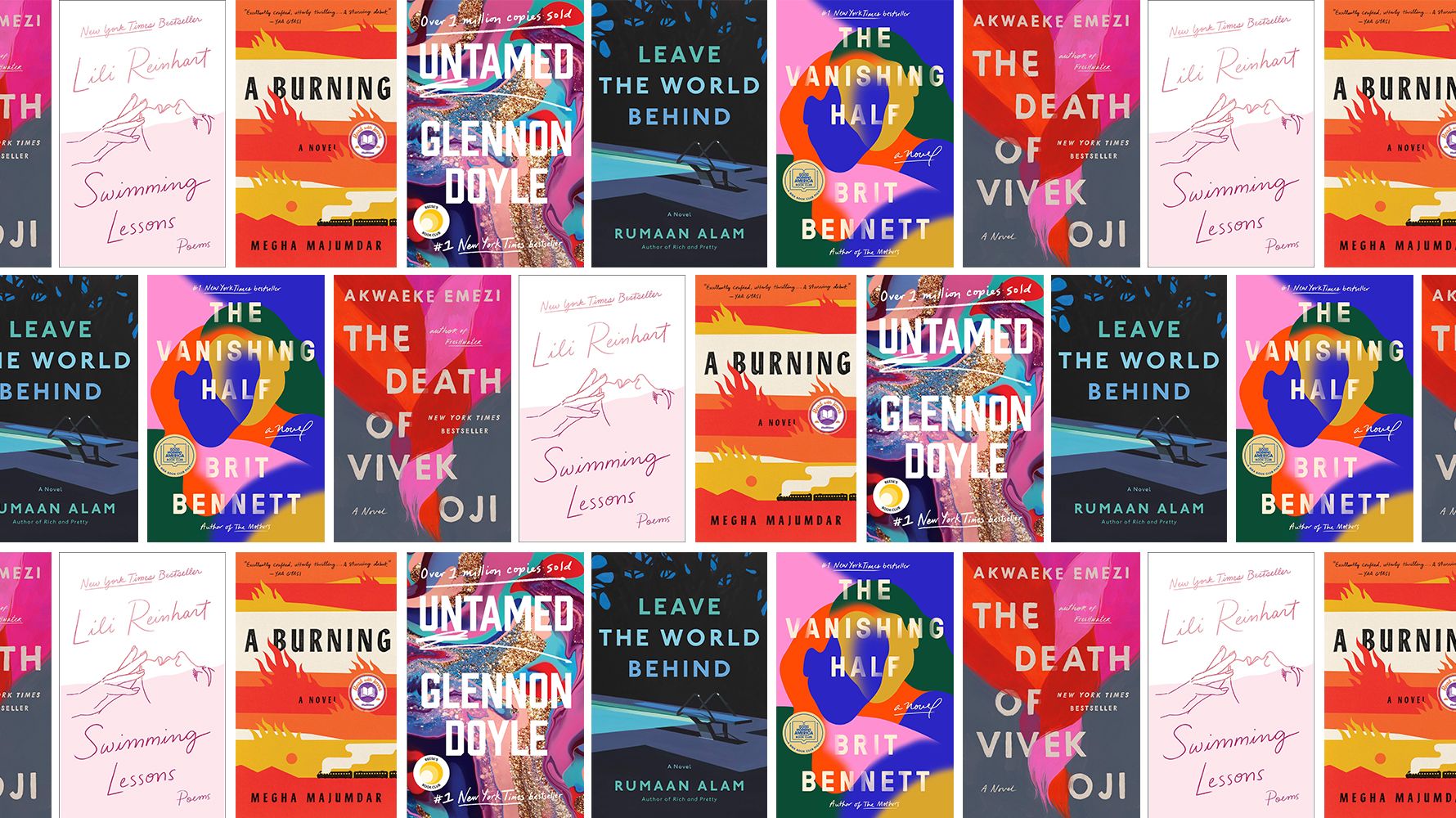
Rachel Epstein is a writer, editor, and content strategist based in New York City. Most recently, she was the Managing Editor at Coveteur, where she oversaw the site’s day-to-day editorial operations. Previously, she was an editor at Marie Claire, where she wrote and edited culture, politics, and lifestyle stories ranging from op-eds to profiles to ambitious packages. She also launched and managed the site’s virtual book club, #ReadWithMC. Offline, she’s likely watching a Heat game or finding a new coffee shop.
-
 Tyla's Coachella Outfit Pairs Dolce & Gabbana With Pandora
Tyla's Coachella Outfit Pairs Dolce & Gabbana With PandoraThe singer wore a gold version of the crystal bra made famous by Aaliyah.
By Amy Mackelden Published
-
 How Kate Middleton Is Influencing George's Fashion Choices
How Kate Middleton Is Influencing George's Fashion ChoicesThe future king's smart blazer is straight out of Princess Kate's style playbook.
By Amy Mackelden Published
-
 King Charles "Couldn't" Meet Prince Harry During U.K. Visit
King Charles "Couldn't" Meet Prince Harry During U.K. Visit"It could actually bring down a court case."
By Amy Mackelden Published
-
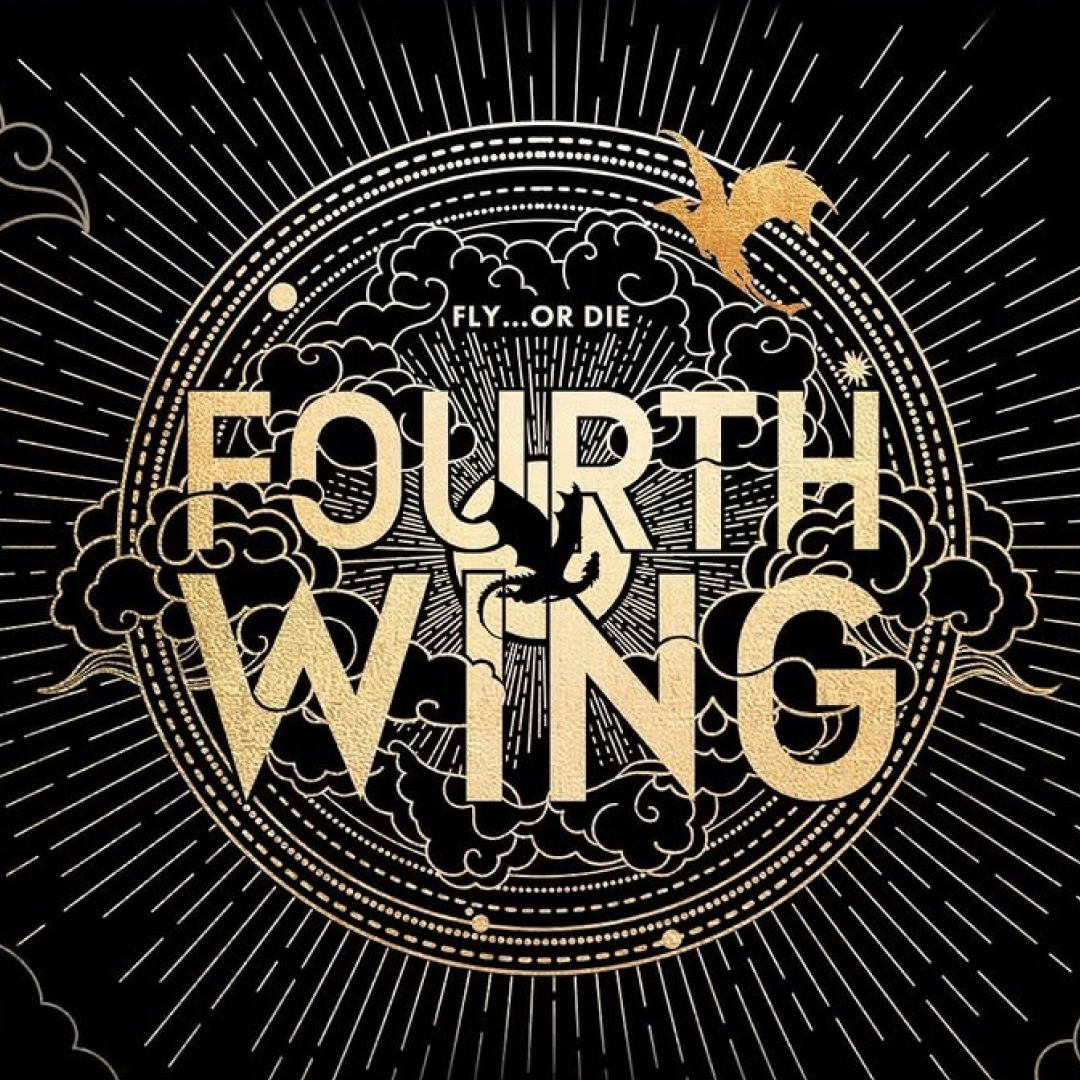 The 'Fourth Wing' TV Show: Everything We Know About the Series Adaptation
The 'Fourth Wing' TV Show: Everything We Know About the Series AdaptationRebecca Yarros's bestselling romantasy series is getting the Prime Video series treatment.
By Quinci LeGardye Last updated
-
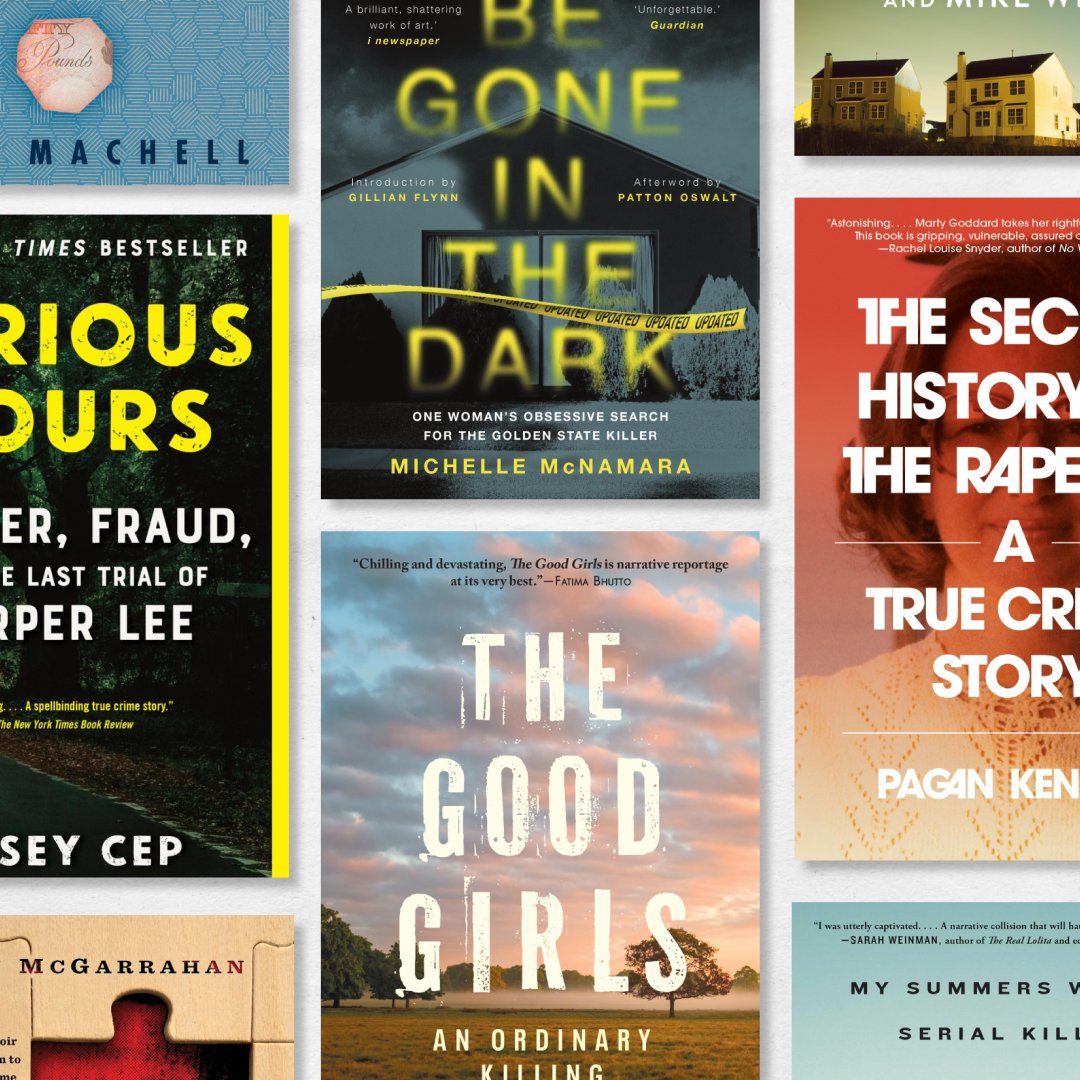 The 20 Best True Crime Books to Read in 2025
The 20 Best True Crime Books to Read in 2025These nonfiction titles and memoirs about serial killers and scammers are the definition of page-turners.
By Andrea Park Published
-
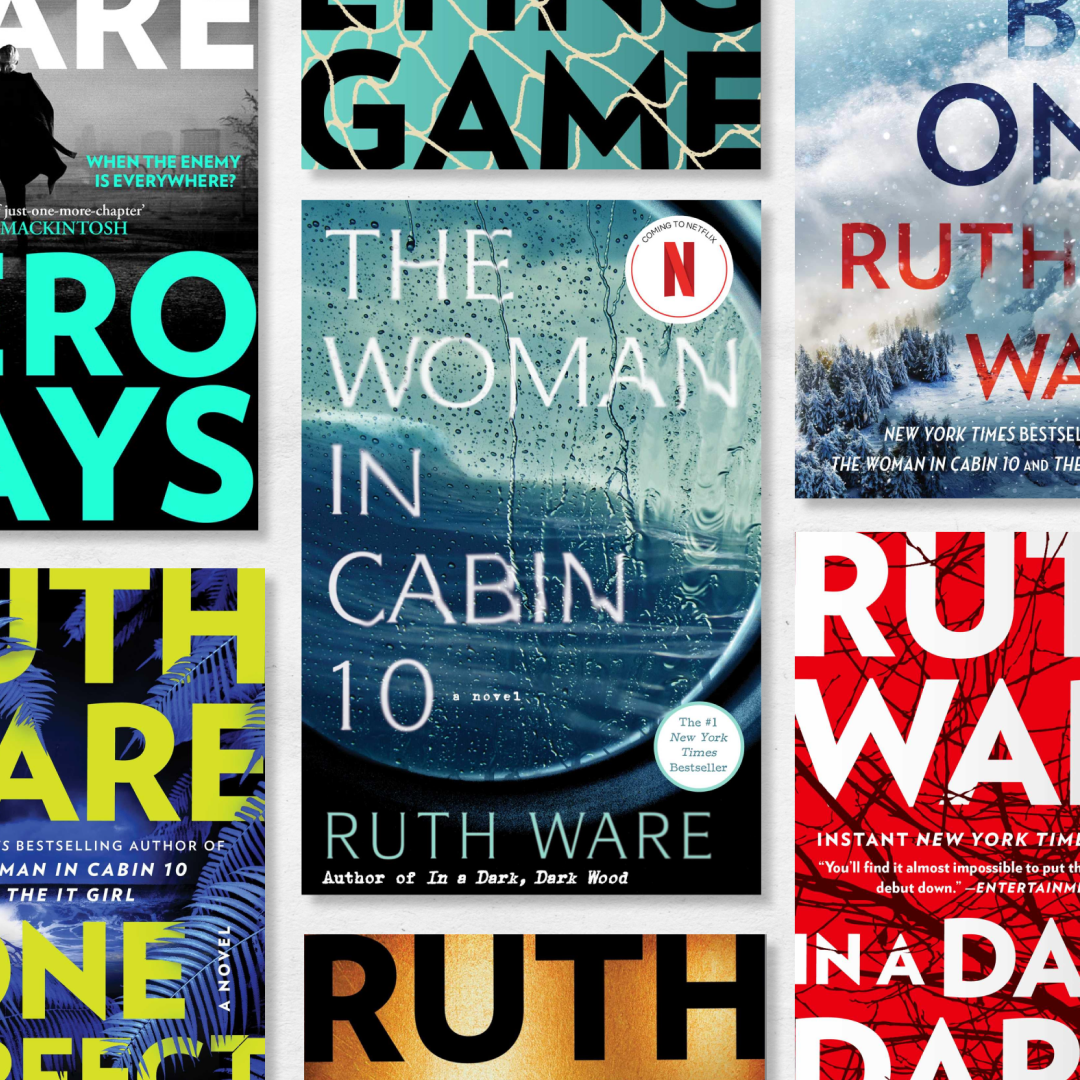 Every Ruth Ware Book, Ranked—From 'In a Dark, Dark Wood' to 'The Woman in Cabin 10'
Every Ruth Ware Book, Ranked—From 'In a Dark, Dark Wood' to 'The Woman in Cabin 10'Here's what you should read before her new thriller 'The Woman in Suite 11' hits shelves.
By Nicole Briese Published
-
 10 Books to Read for a Killer Vacation
10 Books to Read for a Killer VacationPack these novels about vacations gone very wrong on your next trip.
By Liz Doupnik Published
-
 The Melancholic Sound of Success
The Melancholic Sound of SuccessThe artist known as Japanese Breakfast opens up about finding her sound on a new album after experiencing whirlwind success.
By Sadie Bell Published
-
 Every Jennifer Weiner Novel, Ranked—From 'Good in Bed' to 'In Her Shoes'
Every Jennifer Weiner Novel, Ranked—From 'Good in Bed' to 'In Her Shoes'All hail the queen of beach reads!
By Nicole Briese Last updated
-
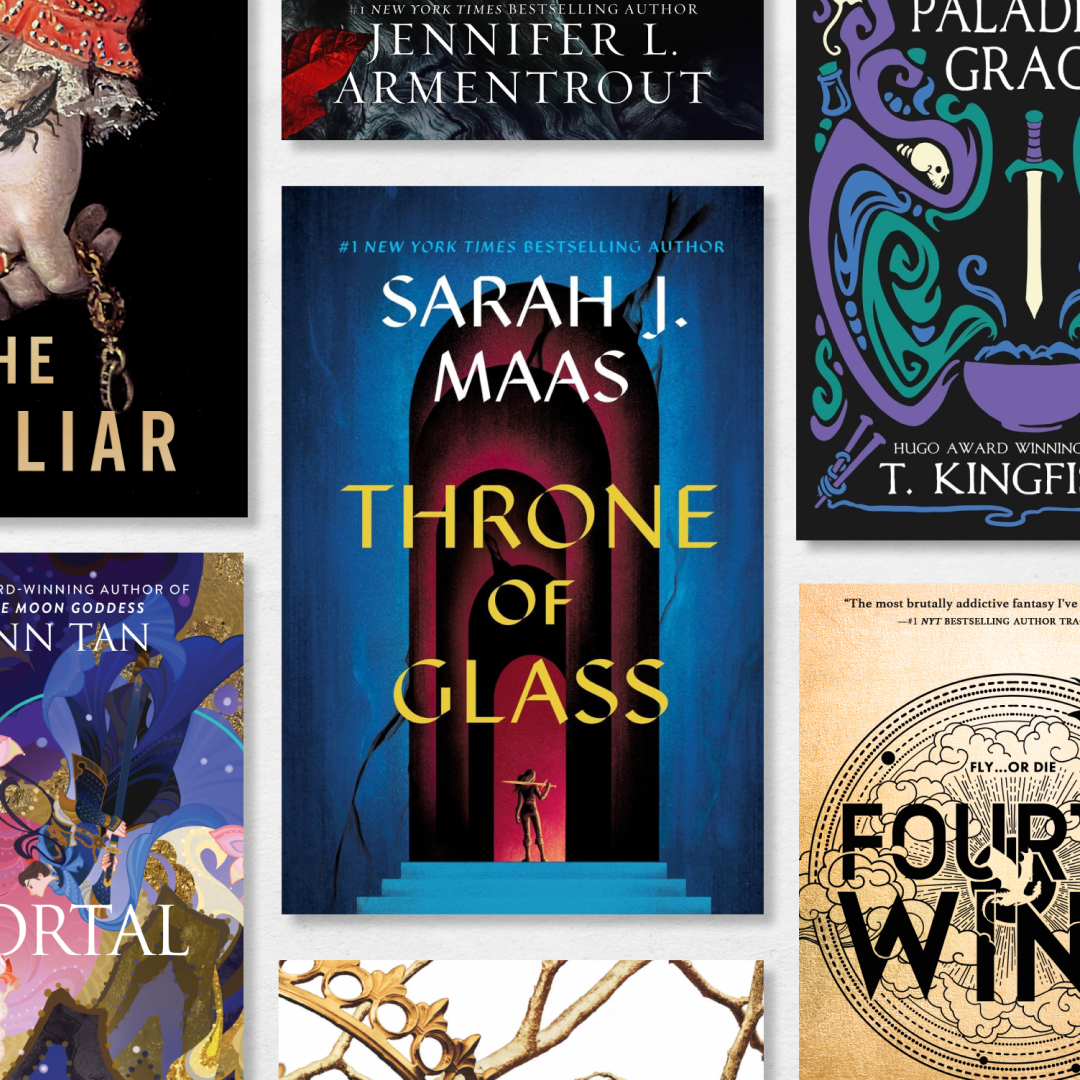 The 28 Best Romantasy Books to Read in 2025
The 28 Best Romantasy Books to Read in 2025Here's what to read when you've devoured the 'ACOTAR' and 'Empyrean' series.
By Andrea Park Published
-
 Mary Ellen Matthews Is the Woman Behind Every Portrait on 'Saturday Night Live' Since 1999
Mary Ellen Matthews Is the Woman Behind Every Portrait on 'Saturday Night Live' Since 1999The late-night show's resident photographer shares her favorite memories and insights from shooting all the talent who come through Studio 8H.
By Sadie Bell Published
